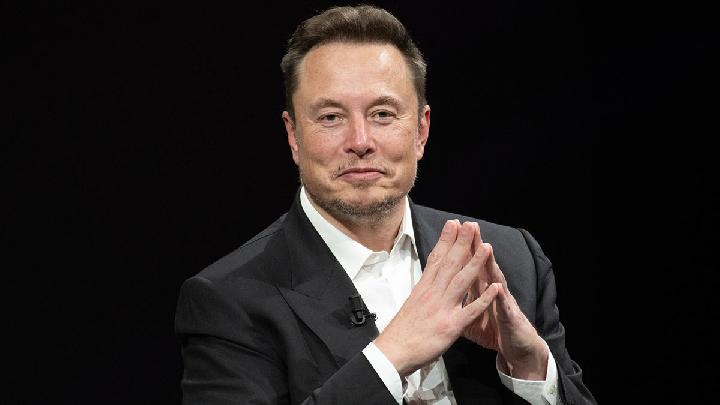lipflip – Elon Musk is developing a new online encyclopedia called Grokipedia, aiming to rival Wikipedia. The project will be powered by xAI’s Grok, Musk’s proprietary chatbot. Musk claims Grokipedia will deliver more accurate, unbiased content than the current model used by Wikipedia.
This move follows years of Musk criticizing Wikipedia for what he views as political bias and misinformation. He has frequently labeled the site as woke and has even suggested that it should be defunded. Musk’s grievances peaked after Wikipedia reportedly published a controversial entry related to his appearance at a Trump event.
According to Musk, Grokipedia will leverage advanced inference capabilities from Grok to detect misinformation, partial truths, and missing context. It will then automatically rewrite encyclopedia entries to correct errors and add clarity. He claims Grok can outperform Wikipedia’s vast network of human editors by using real-time data and large-scale computing.
In a recent podcast, Musk said Grok can analyze existing articles and determine what’s factual, incomplete, or misleading. He argues that this AI-driven process will produce more balanced entries. However, Grok has faced scrutiny itself—most notably for generating responses that included praise for Adolf Hitler, raising concerns about its reliability.
Despite these issues, Musk is confident that Grokipedia will become a disruptive force in the online knowledge space. He has not provided a launch date, but the platform is expected to cater to users skeptical of Wikipedia’s editorial direction, including Musk’s large base of supporters and conservative voices.
Grokipedia Faces Tough Road Competing With Wikipedia’s Global Reach
Competing with Wikipedia will be a major challenge. The platform ranks as the seventh most-visited website globally, with millions of community-driven contributors. Articles on Wikipedia are constantly updated, monitored, and debated by a global network of editors.
While Wikipedia has had internal debates over how to represent certain topics, it remains a nonprofit project committed to neutrality and factual accuracy. Wikipedia co-founder Jimmy Wales has openly criticized Musk, questioning the integrity of platforms like X (formerly Twitter). Wales has argued that under Musk’s leadership, X has become a magnet for misinformation and trolling.
Musk’s efforts with Grokipedia are part of a broader strategy to take on established tech giants. In addition to his plans for Grokipedia, Musk recently announced Macrohard, a new venture to challenge Microsoft by creating AI-powered productivity tools. These announcements suggest Musk is positioning xAI as a key player in AI-driven software and information services.
Still, launching a reliable, widely trusted encyclopedia will require more than technology. Grokipedia must demonstrate its ability to provide accurate, verifiable, and nonpartisan content at scale. The platform’s credibility will depend on both the quality of its AI outputs and the transparency of its editorial processes.
As the digital information landscape evolves, Musk’s Grokipedia could either redefine online knowledge-sharing or struggle against entrenched trust in Wikipedia’s model. The coming months will determine whether AI can truly replace the work of millions of dedicated human editors.
